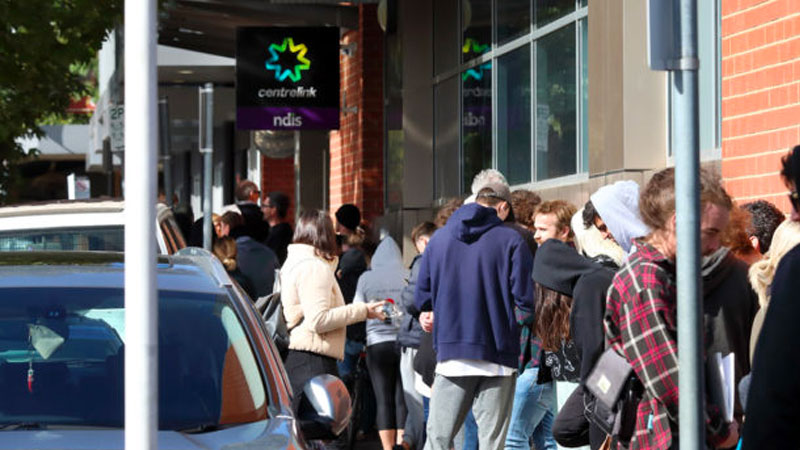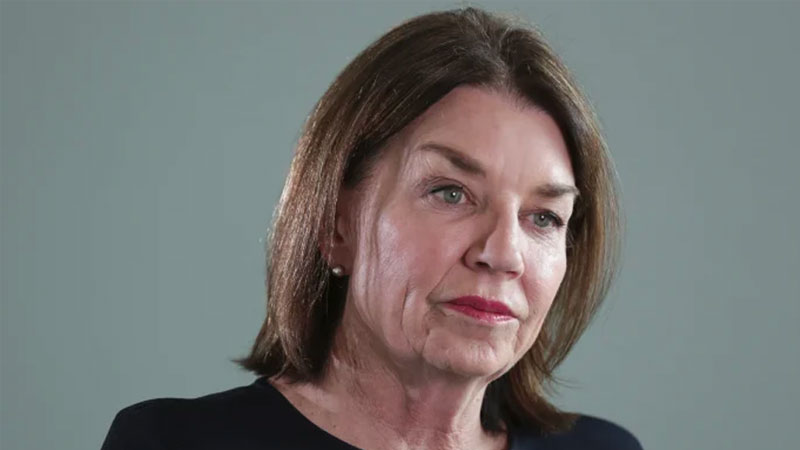Wage Subsidy, Loan Deferrals Improve Outlook
In an attempt to reboot the economy and keep people in jobs the federal government has announced $130 billion in wage subsidies, the third and largest stimulus package planned to combat the coronavirus.
The bumper "job keeper" scheme equates to 6.65 per cent of GDP and will provide a flat $1,500 a fortnight per employee for businesses to retain or rehire nearly six million workers.
Businesses with an annual turnover of less than $1 billion that have experienced a 30 per cent fall in revenue since 1 March will be eligible, while those earning above $1 billion must record a 50 per cent fall in revenue to be eligible for the scheme.
Workers who have already lost their jobs will be eligible if they were on the enterprise’s books on 1 March while sole traders, self-employed people, partnerships and trusts will also be eligible.
Prime minister Scott Morrison and treasurer Josh Frydenberg announced the package on Monday afternoon in Canberra.
In his address Morrison said this “uniquely Australian” solution was created to keep enterprises and their workers connected through to “the other side” of the economic shutdown.
Despite details of the wage subsidy not being announced until after the market’s close, the Australian share market rallied 7 per cent on Monday—its biggest percentage increase in 40 years.

Parliament will now be recalled to pass legislation for the job keeper payment.
Real Estate Institute of Australia president Adrian Kelly said the wage subsidies would allow business owners to keep paying bills, including rents to keep the economy ticking over albeit at a slower pace.
“This will mean those currently still employed can continue doing what they have been doing in providing goods and services and thus dampen the economic disruption,” Kelly said.
The total stimulus provided by the federal government now sits at $320 billion, equating to 16.4 per cent of GDP, following the $105 billion injection from the Reserve Bank and a number of substantial fiscal measures.
Australian banks extend loan deferrals
In line with the new stimulus package, commercial property landlords have been offered a six month deferral on loan repayments by Australia's big four banks, but only if they agree not to evict tenants or terminate leases within that time frame.
Businesses with total loans equating to more than $10 million would become eligible for relief, after the previous cap of $3 million announced last week was increased.
The measures rolled out by the Australian Banking Association (ABA) will now enable up to 30,000 more businesses across the country, effected by the pandemic, to be placed into “hibernation” without the burden of crippling debts.
Combined with measures already announced, $100 billion worth of business loans, it will mean a six-month deferral applying to up to $250 billion worth of loans, with extra cash available to 425,000 businesses to cope with the crisis.
ABA chief executive Anna Bligh said the new measures, subject to approval by the Australian Competition and Consumer Commission, would effectively extend to 98 per cent of all businesses with a loan from an Australian bank.
“For commercial property landlords, they provide an undertaking to the bank that for the period of the interest capitalisation, they will not terminate leases or evict current tenants for rent arrears as a result of Covid-19,” Bligh said.

Westpac, the first of the big four out of the gate with extensive support measures, has also thrown its full support behind the emergency support package for business deferring principal and interest repayments on eligible business loans.
CBA chief executive Matt Comyn said a strong and profitable banking sector would continue to be important in providing the flexibility that customers need in a time of crisis.
Commonwealth Bank, which has $426 billion of corporate loans, said it would provide repayment relief of up to $3.6 billion for its business customers, delivering around $600 million back into business cash flows each month.
The extension of loan repayment deferrals to businesses with more borrowings would now mean that around 90 per cent of CBA’s commercial property owners would be eligible.
NAB also agreed to the sweeping measures which would cover more 150,000 business customers across the country.
The prime minister also has enacted a six-month moratorium on residential and commercial evictions, prevent landlords from evicting tenants if they are unable to pay rent due to financial distress as a result of the current crisis.
“It’s a sensible, fair measure and one that we have said should be taken,” Property Council chief executive Ken Morrison said.
“There is still more to be done however, including in the area of land tax and rate relief for commercial property owners which we will continue to pursue with state and territory governments.”
Individual state governments are expected to announce more details regarding tenancy agreements early this week.














